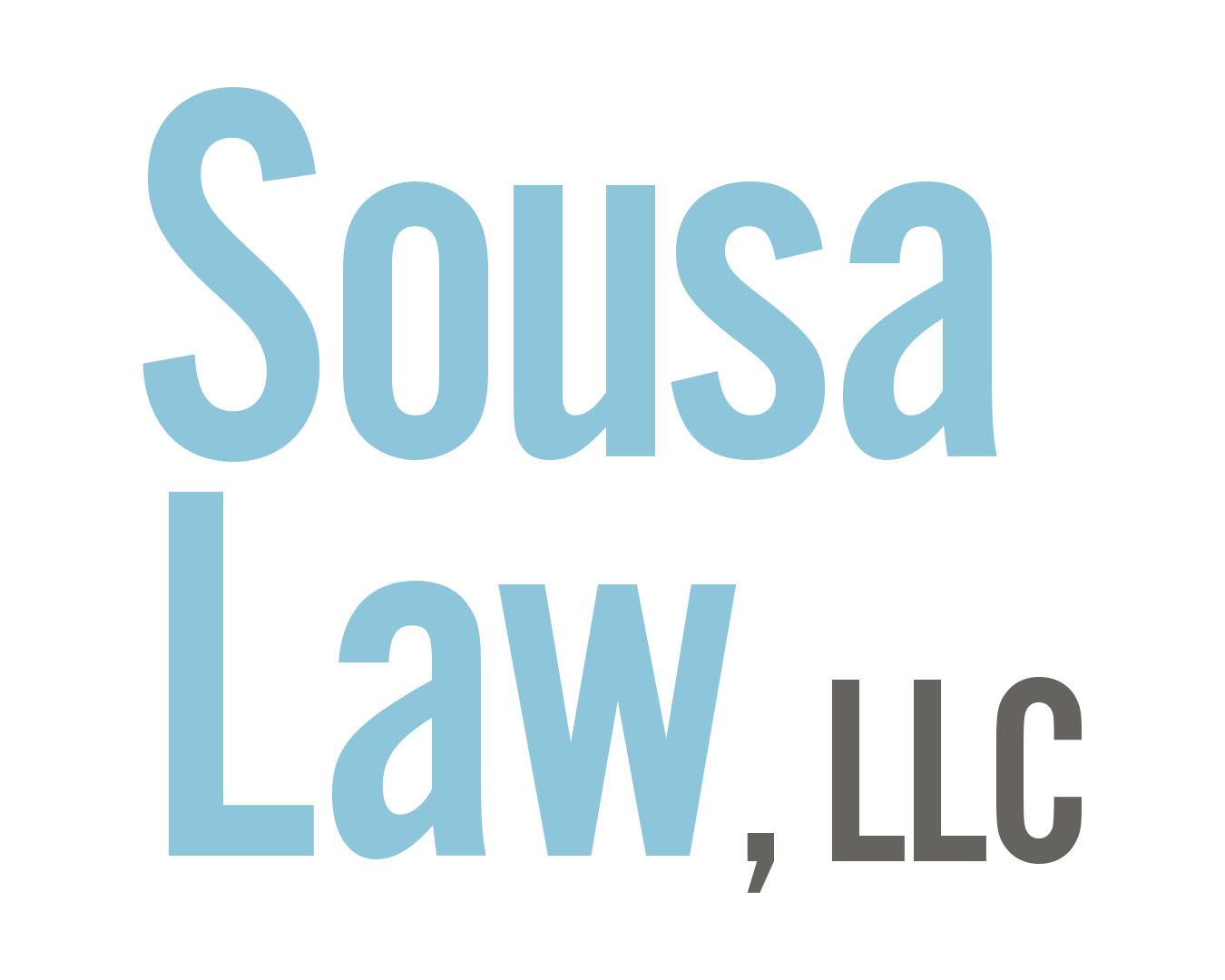What Is the Average Workers' Compensation Payout in Connecticut?
When you’re injured on the job, the physical and emotional toll can be overwhelming. But the financial burden can be just as stressful. Understanding what kind of compensation you may be entitled to can help you plan ahead and protect your rights.
At Sousa Law, LLC, we’ve spent nearly 40 years helping Connecticut workers navigate their workers' compensation claims. Whether you’re dealing with a fracture, burn, or car accident on the job, we’re here to help you pursue the full benefits you’re entitled to.
What’s the Average Workers' Comp Payout in Connecticut?
According to the National Safety Council (NSC), the national average workers' compensation cost per injury is approximately $42,000—a figure that includes both medical expenses and wage replacement. In Connecticut, individual payouts vary widely depending on the severity of the injury, the body part affected, and the circumstances of the accident.
Injury Type: How It Affects Compensation
Data from the NSC shows that more serious injuries lead to significantly higher payouts:
· Amputations: Average total cost of $126,000
· Fractures, dislocations: Around $62,000
· Burns: Roughly $52,000
· Infections: $39,000
· Sprains and strains: $34,000
· Carpal tunnel syndrome: $33,000
· Concussions/contusions: $33,000
As expected, injuries affecting the head, neck, or spine tend to receive higher compensation than those affecting the limbs, due to long-term impact and medical complexity.
What Caused the Injury?
The cause of an injury can also significantly affect the payout. Here are the five leading causes of higher average compensation amounts:
1. Motor Vehicle Accidents – $89,000
2. Fires and Burns – $53,000
3. Slips and Falls – $49,000
4. Caught in Machinery – $46,000
5. Struck by Object – $40,000
Workers in transportation, construction, and manufacturing tend to be most affected by these high-cost injuries. If you were injured while driving a work vehicle or using dangerous equipment, your claim may fall into one of these categories.
Connecticut-Specific Considerations
In Connecticut, workers' compensation laws are governed by the Workers' Compensation Commission. While compensation varies based on individual cases, the state ensures medical treatment coverage, wage replacement, and benefits for permanent partial disability when applicable. Payouts are determined by a combination of wage history, degree of injury, and recovery timeline.
Why Your Compensation May Be Lower Than Expected
Insurance companies work hard to minimize payouts. Your claim may be reduced if:
· You delayed reporting the injury
· You didn’t seek timely medical care
· There is a dispute over whether the injury was truly work-related
· You received substantially less income for the 52 weeks before your injury
That’s why it’s important to have a workers’ compensation attorney review your case. At Sousa Law, LLC, we make sure your injury is properly documented, deadlines are met, and insurance carriers don’t cut corners.
When to Consider Additional Legal Action
In some cases, you may be eligible to file a third-party personal injury claim in addition to a workers' compensation claim. This may apply if your injury was caused by defective equipment, a negligent driver, or a contractor not employed by your company.
Get Legal Help from Sousa Law, LLC
Navigating a workers’ compensation claim on your own can be overwhelming. With nearly four decades of experience advocating for injured workers in Connecticut, Sousa Law, LLC is here to help.
We’ll work with you to:
· Assess your case
· Review medical and accident reports
· Maximize your claim
· Determine if a third-party lawsuit applies
If you’ve been injured on the job, don’t wait. Contact Sousa Law, LLC today for a free consultation and let our team help you secure the benefits and compensation you deserve.
